One of America’s most iconic industries is steel. Going back to the Gilded Age in the aftermath of the Civil War, the steel industry rose as a symbol of our nation’s industrial might and entrepreneurial spirit. In recent decades, however, this once-powerful industry has struggled with lower-cost foreign imports. As a result of tough foreign competition, the U.S. implemented tariffs on steel beginning in 2018. The purpose of tariffs is to protect domestic producers in those industries, especially in terms of preserving jobs and the output of valuable commodities. In positive news for the steel industry, the state of Pennsylvania is contributing $3 million toward an expansion of Hranec Corporation’s manufacturing operations there.
Hranec is a diversified company that works with steel and creates custom plate (up to 1” thick) and rolled (up to ½” thick) steel for businesses and consumers. With help from the state, it is embarking on a $15.5 million expansion with 200,000 square feet of factory space. The company will create up to 84 full-time jobs in its Fayette County facilities, and the $3 million in total grants will also help the company retain existing jobs. Hopefully, the expansion will be ready to increase the company’s output in time for its 30th anniversary in 2025.
Steel is a Vital American Industry With Bipartisan Support
Pennsylvania governor Josh Shapiro touts the state’s $3 million total investment in the Hranec Corporation expansion as a solid strategic move. Politically, there is strong demand to help the United States rebuild its manufacturing base after decades of outsourcing heavy industry to Asia and Latin America. Historically, Pennsylvania is steel country, with an eight-county region in the southwestern part of the state formerly considered the world capital of steel production. Today, the United States is eager to reclaim its status as a top steel producer. This is a rare area of bipartisan agreement, with both Republicans and Democrats willing to use tariffs to protect domestic steelmakers.
Earlier this year, members of both parties came together in Congress to oppose a proposed buyout of U.S. Steel by Japanese-headquartered Nippon Steel. Similarly, members of both parties are also concerned about the influx of imported steel into the U.S., particularly from Mexico. Steelworker jobs are valued as well-paid, highly-skilled positions in the labor market, and many are concerned that the loss of such jobs is detrimental to the economy as a whole. Typically, well-paying jobs are replaced with positions that pay less and offer weaker benefits and job security.
Reliance on Imported Steel Could Jeopardize Infrastructure
Companies like Hranec Corporation help provide steel components that are invaluable in making infrastructure like roads and buildings. If the United States becomes too dependent on imported steel, it may struggle to build new infrastructure when international trade is reduced, such as a trade war or a geopolitical crisis. Protecting domestic steel companies ensures a reliable supply of American-made steel when free trade is unreliable. For this reason, it is often considered beneficial by Republicans and Democrats to impose tariffs on specific industries and commodities – the additional economic security is worth the slightly higher cost!
Image credit: Hranec

